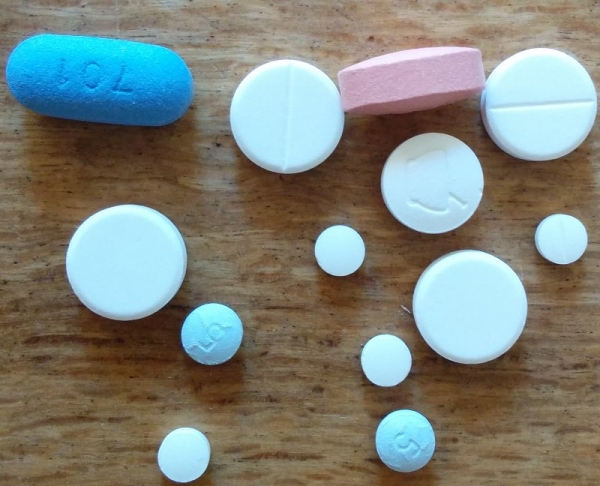

There appears to be a global shortage of a vital antiretroviral medicine.
12 June 2019
The Treatment Action Campaign (TAC) says it has found stockouts of AIDS medicines, known as antiretrovirals, at Limpopo health facilities.
The organisation lists 17 health facilities in which essential medicines are lacking. The most commonly missing one has the brand name Dumiva. It contains the antiretrovirals abacavir and lamivudine. It is used to treat many adults who have developed resistance to, or cannot tolerate, other antiretrovirals.
The National Department of Health has confirmed that a global shortage of lamivudine has been reported by pharmaceutical company Mylan, which is contracted to supply the health department. The lamivudine shortage has caused stockouts of pills that combine lamivudine with other drugs, including abacavir and zidovudine.
But the TAC also found other vital drugs missing at some facilities. One facility did not have an antiretroviral pill frequently prescribed to new adult patients. This contains the drugs tenofovir, lamivudine emtricitabine and efavirenz. Another did not have stock of the four-drugs-in-one-pill treatment for TB. Some were out of stock of antiretroviral syrups used to treat children with HIV.
Moses Makhomisani, the TAC’s provincial manager, said his organisation was “seriously concerned” about the shortages, which meant HIV targets might not be met. He was also worried that people may develop resistance or even get sick because of interruptions in their treatment.
Limpopo Health Department spokesperson Neil Shikwambana said there was a shortage of Dumiva in some facilities but the department had rectified the problem last week. When provided with the TAC’s list he said he would contact the facilities to confirm.
Lamivudine is the unsung hero of antiretroviral treatment. It was approved for treating HIV in the United States in 1995. It’s cheap, its patent has long ago expired and it very seldom causes serious side effects. It has consistently been part of the ideal initial regimen prescribed to patients.
The causes of global drug shortages are mysterious. Accurate, transparent information is hard to come by. Mylan appears to be struggling to source the active ingredient for its lamivudine-containing pills (the active ingredient is lamivudine itself, but drug companies then have to process it into a useable form).
There are alternatives to it. In recent years emtricitabine, a very similar drug, has become widely used. But the Department of Health is expected to soon name a new initial regimen for first-time adult patients containing the three drugs tenofovir, dolutegravir and lamivudine. For most patients this is the best antiretroviral regimen yet developed; it has few side-effects, it is excellent at suppressing HIV and patients seldom develop resistant HIV strains when using it. It would be a setback to plans to make it widely available if lamivudine is difficult to obtain.